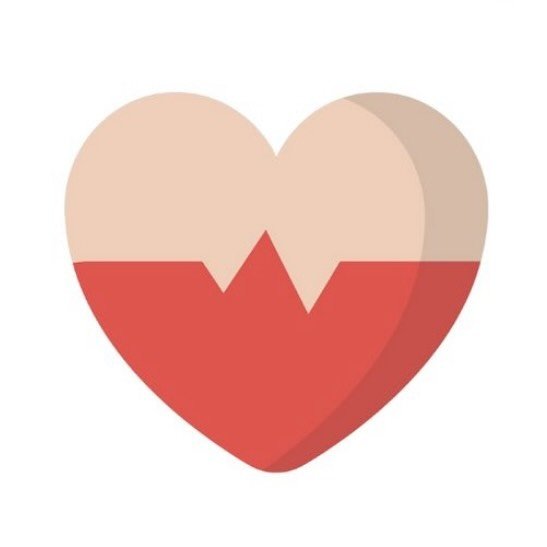As we celebrate Pride month, it’s essential to acknowledge that gender-affirming healthcare is still out of reach for many young transgender people and their families. The laws in place are preventing individuals from accessing necessary care, leaving them feeling shunned and marginalized.
This is where allies can make a significant difference by speaking out against these injustices. By educating themselves about the LGBTQ+ community’s achievements and initiatives, they can take action to change the narrative of hatred that perpetuates discrimination.
It’s not just about attending Pride events; it’s about understanding why you’re there in the first place. What does being an ally mean to you? Are you supporting a friend or family member who identifies as LGBTQ+, or are you committed to fighting for their rights?
As Smith, a prominent advocate, emphasized: “What does it mean to you? That’s the type of stuff that we should always be prepared to ask and be open about.” Allies must examine what they will do beyond attending Pride events. They can start by identifying themselves as allies and taking action when leaving these gatherings.
Perez echoed this sentiment, urging individuals to think about how they would feel if someone told them not to be who they are every day. “Just try to take action when you leave Pride events because it matters,” she said. Visibility and support matter just as much as education and awareness.
As we march down Fifth Avenue or attend local Pride celebrations, let’s remember that being an ally is about more than just showing up – it’s about using our voices to create change. By asking ourselves why we’re attending these events, what actions we will take beyond the festivities, and how we can support the LGBTQ+ community year-round, we can be part of a movement that promotes acceptance and inclusivity.
So ask yourself: What does being an ally mean to you?

